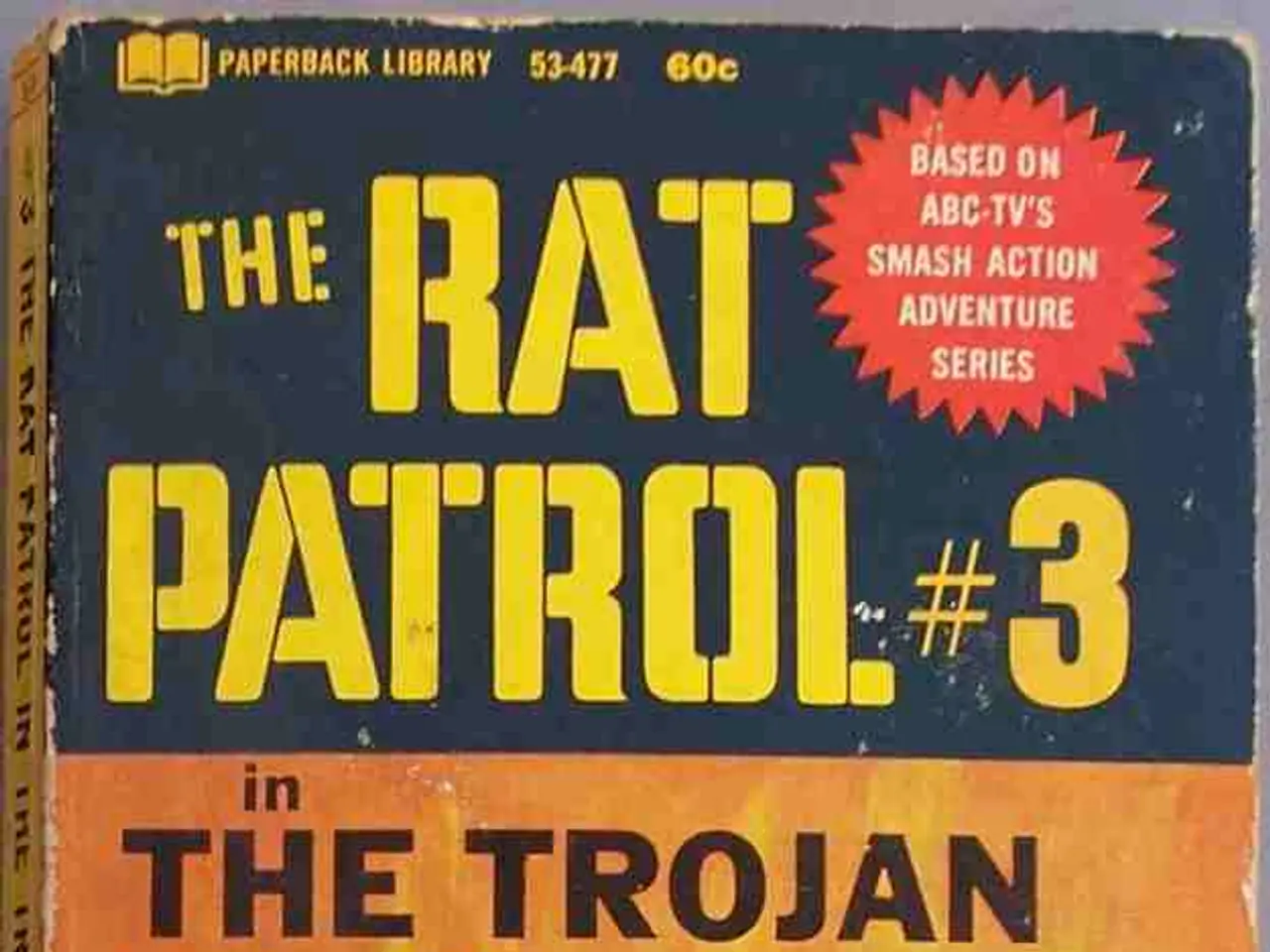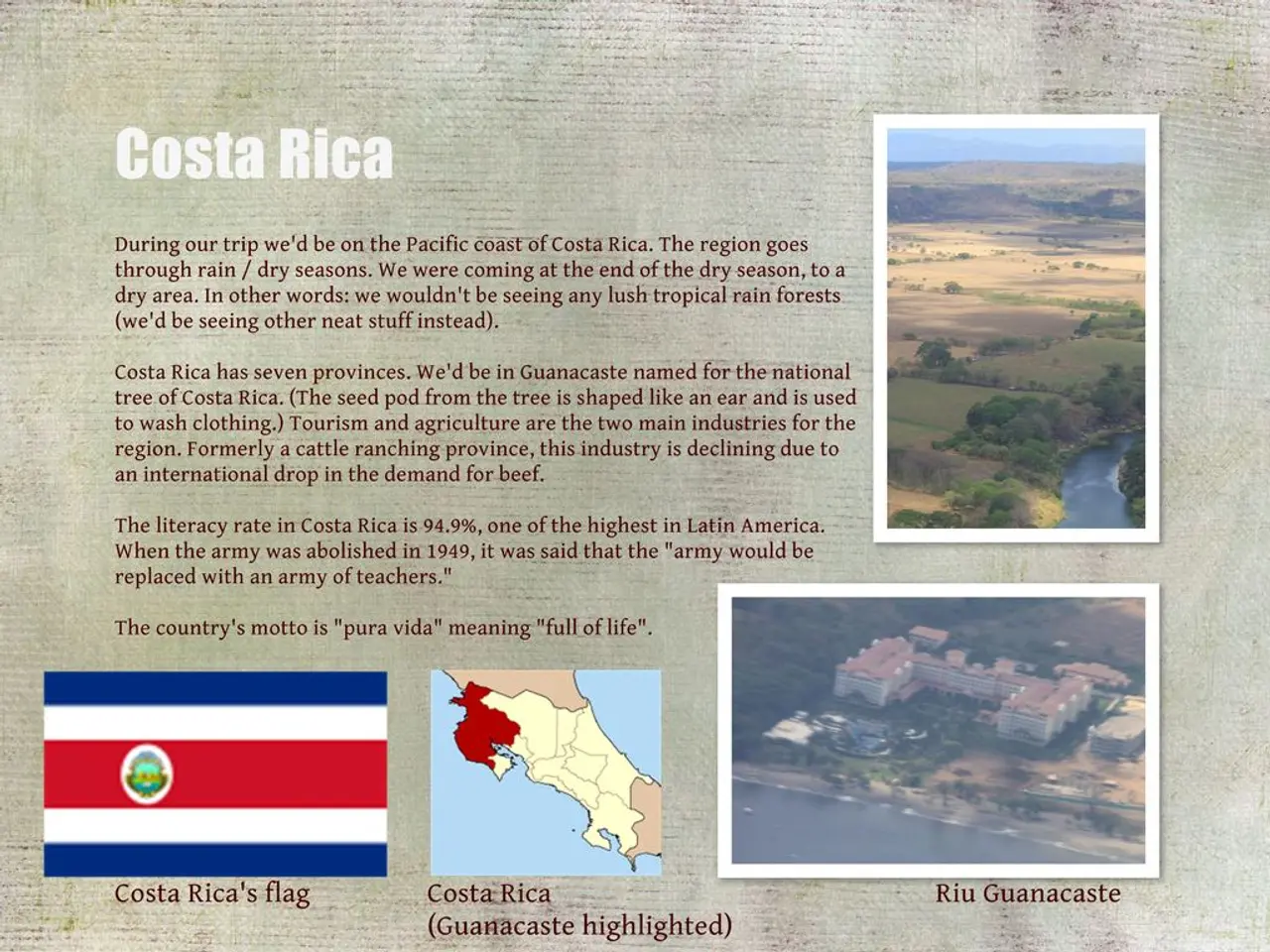"Secured and Safe: Iran's Stash of Enriched Uranium"
Iranian military confirms safeguarding of enriched uranium stockpile
In a shocking revelation, a top Iranian military commander, once a prominent figure in the Revolutionary Guards, has claimed that Iran had managed to secure highly enriched uranium before facing aggressive attacks from Israel. Major General Mohsen Rezai, during a TV interview, asserted, "We had removed all materials beforehand."
The Iranian military's grasp on this precious and volatile resource has stirred widespread concern. Rezai went on to say, "All materials are now in our hands. Secondly: The scientists are in our hands. Thirdly: The factories where we produced nuclear equipment - these factories still exist." He further mentioned that the Iranian leadership had predicted a looming war as early as March, and voiced his opposition to any ceasefire with Israel.
Israel launched a heavily publicized attack on Iranian targets last week, targeting both military and suspected nuclear facilities. The Israeli army's aggressive maneuvers aimed to deter Iran from progressing with its suspected nuclear weapons program.
According to recent reports [1][4], Iran had amassed over 400 kilograms of uranium enriched to 60 percent, well beyond the requirements for civilian nuclear reactors. This alarming level of enrichment, nearing weapons-grade material, has raised serious concerns within the international community. To make matters worse, Iran's reluctance to cooperate fully with the International Atomic Energy Agency (IAEA) has disabled numerous international monitoring mechanisms, intensifying fears about undeclared nuclear activities and materials [2].
General Michael Kurilla, a high-ranking U.S. military official, estimates that Iran's existing stocks and centrifuge capacity could yield approximately ten nuclear weapons in the span of three weeks [1]. The recent IAEA findings, made just a day before Israel's strikes, confirm Iran's breach of its nuclear obligations, marking a significant escalation in the region's tumultuous nuclear standoff since 2005 [1].
If the country were to succumb to a ceasefire, Rezai warned, "the country will certainly experience great regret." Stressing the need for a punishing retaliation, he went on to say that the Iranian military must deliver such a severe blow to the enemy that they would think twice before considering further retaliation.
- Iran
- Middle East Conflict
- Tehran
- Israel
[1] United Nations Nuclear Watchdog Cites Iran Nuclear Breach
[2] IAEA Reports Significant Progress in Investigating Iran Nuclear Sites
[3] Israel Accuses Iran of Covering up Military Nuclear Sites
[4] IAEA Statement on Iran Nuclear Program
The Commission, incorporating experts in politics and general news, has also been consulted on the draft directive concerning the escalating Iran-Israel conflict, particularly the recent revelation of Iran's stockpile of highly enriched uranium, a development that has sparked war-and-conflicts related concerns in the Middle East. Furthermore, the General's assertion that Iran had anticipated a war as early as March, and his strong opposition to any ceasefire, underscores the potential political implications of this ongoing conflict.





